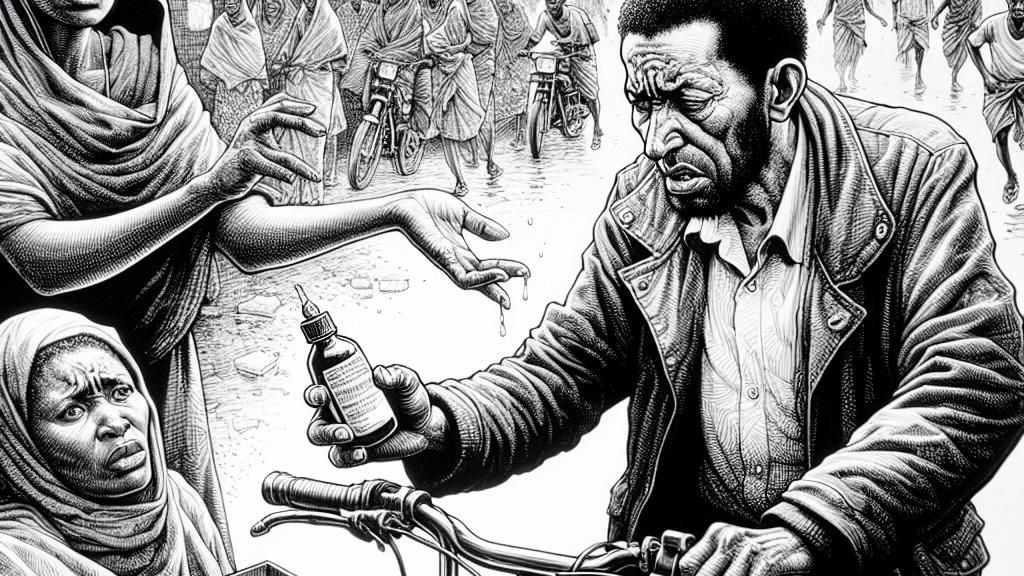Understanding the Effects of Foreign Aid Cuts on HIV Programs
Overview
- The USAID funding freeze jeopardizes essential HIV treatment access for countless Ugandans.
- Patients face serious health risks and emotional turmoil due to lost medical support.
- Uganda's healthcare landscape suffers tremendously from these abrupt funding disruptions.

The Stark Reality in Uganda
In Uganda, the fallout from the USAID funding freeze is nothing short of devastating, casting a shadow over the lives of many people. Consider Mike Elvis Tusubira, a 35-year-old boda-boda taxi rider, whose world has been turned upside down. Living with HIV, he used to rely on the vital antiretroviral medications provided through US aid, but now those critical supplies have evaporated. Mike embodies the struggle faced by numerous Ugandans; he fears not only for his own survival but also for the future of his marriage. His wife, who needs PrEP to remain HIV-negative, can no longer access her medication. Consequently, Mike finds himself at a heart-wrenching crossroads, revealing how a single administrative decision can wreak havoc on personal lives and relationships. It’s a telling example of the broader implications of such policies that extend beyond individual patients.
The Human Toll of Funding Cuts
The frightening consequences of the USAID funding freeze ripple outward, ensnaring countless individuals in a web of uncertainty and despair. Thousands are left adrift, confused about their health status and cut off from crucial treatments they once relied on. Non-governmental organizations, previously lifelines for communities, have reluctantly shut their doors, unable to sustain operations without adequate funding. Just imagine the fear experienced by individuals like Mike; they worry about developing health complications that could lead to illness or death, all while navigating the emotional upheaval of potential relationship breakdowns. This tragic scenario highlights the urgent need for consistent, sustained support. Each story matters; behind statistics are real people who depend on the flow of aid to survive and thrive. The message is clear: without this support, hope dims and fear escalates.
Wider Implications for Healthcare
Beyond individual stories, the ramifications of this funding freeze penetrate deep into Uganda's healthcare structure. Approximately 70% of the country’s HIV initiatives are propelled by international funding, so when such support vanishes, it’s catastrophic. Clinics that once bustled with activity now sit idle, healthcare workers find themselves without jobs, and children dependent on school meals face uncertain futures. For many, these services meant survival—access to healthcare, education, and nutrition. The stark reality is that this funding cut isn't just a financial issue; it's a public health crisis in the making. Increased disease prevalence, heightened stigma, and deepening poverty could become the new normal in affected communities. Therefore, it is imperative to grasp the extent of this funding freeze’s impact, which could condemn entire generations to a bleak existence devoid of hope, highlighting the critical need for sustained international support and a holistic approach to healthcare in Uganda.

Loading...